- Home
- »
- Investment Banking
- »
- Equity Capital Markets (IPO)
Your trusted advisor to list companies in Equity Capital Markets IPO on NSE & BSE
We guide businesses through public markets, ensuring professional insight at every step. With 25 years of experience, you can count on us to be your expert partner.
Enquiry Form

Sector
Coverage

Institutional
Investors

TAT
(Months)

Team
Strength

Sector
Coverage

Institutional
Investors

TAT
(Months)

Team
Strength
With 25 years of experience, we advise companies across public market transactions on the mainboard and the SME exchange
At InCorp Advisory, our dedicated Equity Capital Markets (ECM) team specializes in guiding companies through the process of raising capital via Initial Public Offerings (IPOs). We offer end-to-end solutions across the entire listing cycle, including comprehensive IPO support services, pre-IPO funding and expert assistance for mainboard and SME platform listings on BSE and NSE. By partnering with InCorp Advisory, companies gain access to our deep market insights and strategic advisory, navigate the complexities of the capital markets and achieve fundraising objectives efficiently.
Service Areas Within Equity Capital Markets

IPO Support Services
End-to-end execution support, including collateral preparation, appointment of intermediaries, due diligence support, and assistance in filing.

Pre IPO funding and Anchor Investors
Facilitate pre-IPO funding by securing capital from family offices, institutional investors and draw anchor investors to the IPO to boost market trust

Valuation Discovery
We undertake a comprehensive valuation discovery process through our internal analysis, peer benchmarking and feedback from the investment community so as to enable clients to obtain the best possible value through the listing process.

Due diligence support
Facilitating business with its financial, legal, and tax due diligence—from setting up a virtual data room and responding to queries to intermediaries like merchant bankers and lawyers.

Group restructuring
We help in restructuring groups to optimize the structure in line with the regulatory framework in India, enabling the holding company to maximize overall group value.

Legal and Secretarial Compliance
End-to-end support in pre and post listing compliances as prescribed under SEBI regulations, Companies Act, 2013 and other relevant regulations in India
InCorp Insights
Navigating Fundraising Instruments and Mechanisms
Companies in India have an option to issue various investment instruments to its investors in order…
IPO Listing Process in India: 8 Key Steps and Best Practices
With a transparent IPO listing process, favorable regulations, and high retail participation, the Indian IPO market…
SME IPO Listing Process: A Step-by-Step Guide
Large organizations have multiple ways of raising capital to fund their business activities, such as bank…
Debt Syndication: A Strategic Finance Solution for Businesses
Debt syndication is completely transforming the financial world. The following research conducted by McKinsey proves this…
5 Effective Ways to Raise Capital for Businesses Through Equity
Let us start by understanding why your business needs to raise capital. There are basically three…
The Speedy Way to Reorganize Group Companies: Understanding Fast-Track Mergers
Mergers and amalgamations are popular corporate restructuring strategies that companies use to achieve their business goals…
Note On One-Time Restructuring Of Loans
Real Estate is one of the major sectors which has been deeply impacted by the COVID-19…

FAQs
• Mainboard IPOs are for large, established companies seeking to raise substantial capital by listing on NSE and BSE with a typical issue size of a minimum of 200Crs. Mainboard IPOs attract large institutional investors, including mutual funds, AIFs, and a very wide base of retail investors. A mainboard IPO requires approval of stock exchanges as well as SEBI and the overall process takes between 10-12 months.
• SME IPOs are designed for small and medium companies to raise funds by listing on SME platforms like NSE Emerge or BSE SME with a typical issue size of Rs 25 to Rs 100Crs. SME IPOs attract investors like family offices, AIFs, Ultra HNIs and a limited set of retail investors. SME IPO requires approval from respective stock exchanges only and the overall process takes between 6-8 months.
Two possible routes have been given by SEBI for a company to become an IPO issuer.
1. Profitability Route
a) Net tangible assets of at least Rs 3 crores in each of the three preceding years, provided for fresh issue (not OFS) of the Rs 3 crores of net tangible assets, if more than 50% of net tangible assets is cash or cash equivalent then issuer has to utilized or make firm commitments to utilize such excess cash and cash equivalent in its business or project
b)Average operating profit of at least fifteen crore rupee during the preceding three years, with
operating profit in each of these preceding three years
c)Net worth of at least one crore rupees in each of the preceding three full years
d)In case of a name change, 50% of the revenue generated in the preceding year should be from the business carried under the new name
2. QIB Route
a)IPO only if the issue is made through the book-building process
b) Issuer undertakes to allot at least 75% of the net offer to QIB
c)Refund the full subscription money if it fails to fulfil the above two conditions
BSE SME Eligibility Criteria:
a)Post-issue paid-up capital must be at most INR 25 crore
b)Net worth of at least INR 1 crore for the preceding two full financial years
c)Net tangible assets of at least INR 3 crore in the last preceding full financial year
d)Company should have a positive operating profit (EBITDA) in at least two out of the three preceding financial years, provided that there is an operating profit from operations for one full financial year preceding the application date
e)Leverage ratio should not exceed 3:1, though there is a relaxation for finance companies
f)Track record of at least 3 years, where company has taken over a PF/ LLP/ Proprietorship concern, then track record together shall be 3 years (company should be operational & have audited financials of at least 1 full FY)
If not, a project for which the IPO is being proposed should be appraised and funded by NABARD, SIDBI, Banks (other than co-operative banks) or Financial Institutions.
NSE SME Eligibility Criteria:
a)Post-issue paid-up capital must be at most INR 25 crore
b) The company should have a positive net worth
c) Company should have a positive operating profit (EBITDA) in at least two out of the three preceding financial years, provided that there is an operating profit from operations for one full financial year preceding the application date
d)Track record of at least 3 years of either :
i)Applicant seeking listing or
ii)Promoters/promoting company, incorporated in or outside India or
iii)Proprietary/partnership firm converted into a company seeking listing
• SME – 6 -8 months
• Mainboard – 10-12 months
• Fixed Price Issue sets a specific price for the shares before the IPO opens. Investors know the exact price they will pay per share, and shares are allocated at this fixed price.
• Book Building involves setting a price range for the shares. Investors submit bids within this range, and the final price is determined based on demand.
• Price Discovery: Helps determine a fair market price for shares based on investor demand, leading to better price accuracy
• Market Feedback: Provides insights into investor sentiment and market conditions before finalizing the price
• Flexibility: Allows for price adjustments within the bid range, optimizing capital raised.
• Enhanced Allocation: Helps in the efficient allocation of shares to interested and qualified investors.
For IPO, a company should assess its internal readiness by seeking assistance from a financial advisor. A merchant banker and a legal advisor are then appointed and the company then undergoes a complete due diligence process to prepare a Draft Red Herring Prospectus (DRHP). After preparing the DRHP, the company files it with the stock exchanges and SEBI. Post the filing of the DRHP, the company replies to all queries from the stock exchanges and SEBI. Upon addressing these queries, the company receives approval from the stock exchanges and SEBI to file the Red Herring Prospectus and open the issue. Once the issue is fully subscribed and closed, the company files the Prospectus with the Registrar of Companies and SEBI
• Draft Red Herring Prospectus (DRHP): A preliminary prospectus filed with SEBI, containing details about the business, financials, and risks.
• Final Red Herring Prospectus (RHP): The final version of the DRHP, updated with pricing information.
• Restated Financial Statements: Financial records for at least three years, prepared according to Ind AS.
• Due Diligence Certificate: Issued by the merchant bankers and legal advisors, confirming thorough checks of the company’s disclosures.
• Corporate Governance Reports: Documentation proving adherence to corporate governance norms.
• Material Contracts and Agreements: Copies of significant contracts and agreements impacting the business and its operations
• Mainboard IPO – 8-10% of the issue size
• SME IPO – 12-15% of the issue size
Majority of the above fees ia payable only on success of the IPO.
Reach out to our experts to list an IPO
clientele

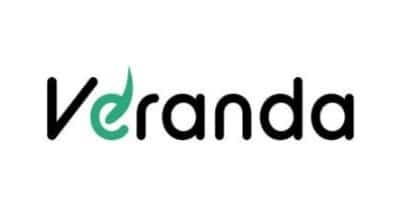
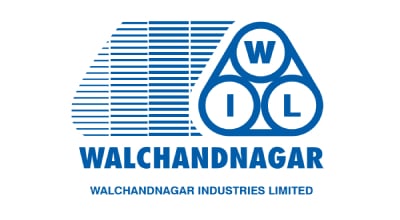
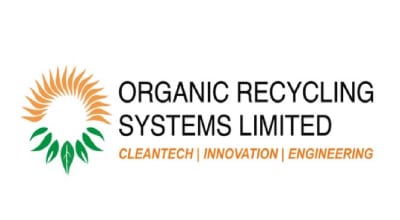

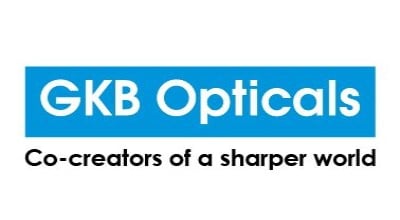
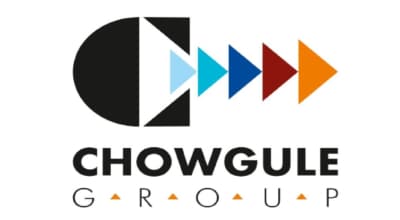
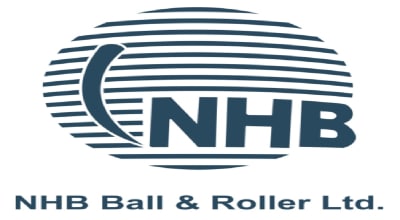
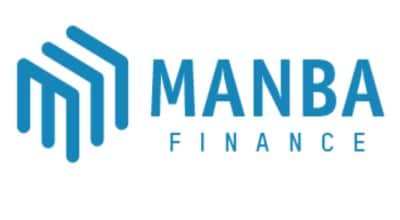
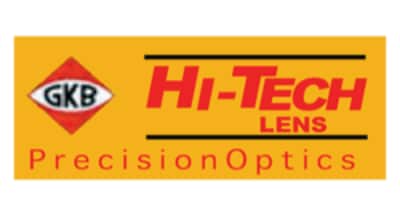
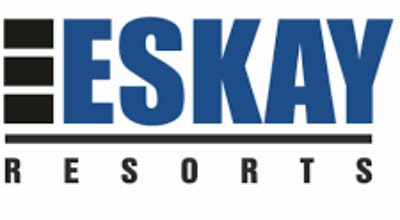
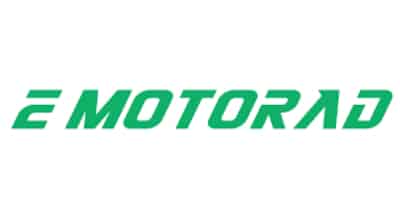




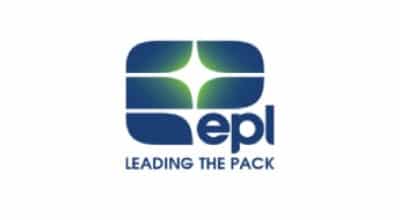
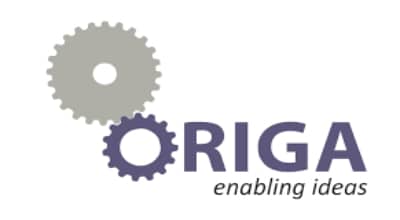
Expert Team

Manish Modi
Co-Founder - Business Advisory

Inderpreet Chadha
Head - Investment Banking

Amit Kothari
Co-Founder - Debt Syndication

Jayesh Sanghrajka
Co-Founder - Stressed Assets
Direct to Your Inbox!
Stay updated with our curated newsletter content designed for you






































































